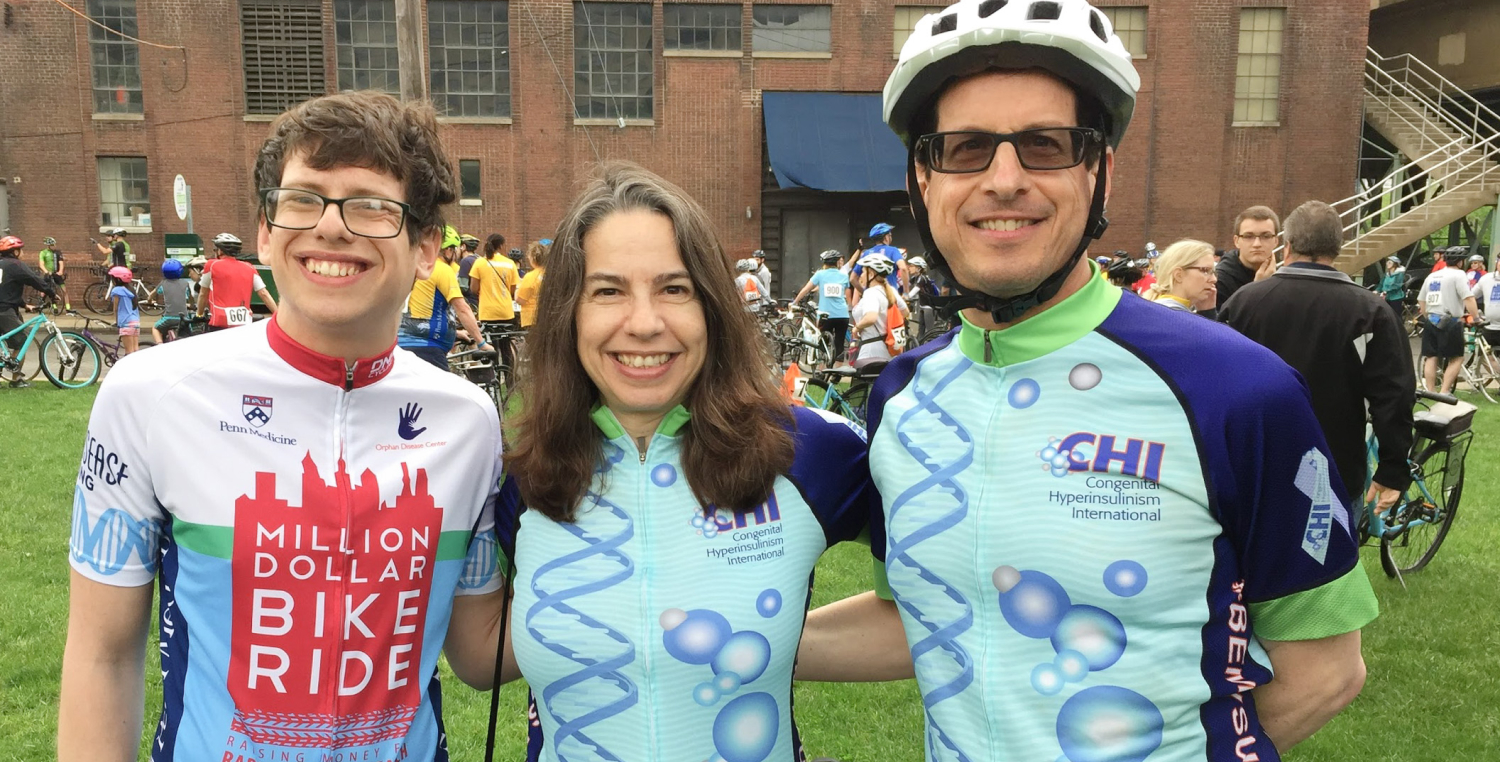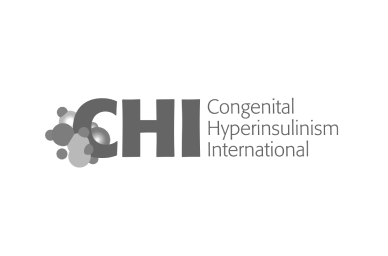Congenital Hyperinsulinism International

Working with others to drive a better future
Patients and their families bring urgency and passion to finding cures for rare diseases. The personal experience of having an affected child led Julie Raskin, executive director of Congenital Hyperinsulinism International (CHI), to develop a singular passion for and dedication to the entire community of patients with congenital hyperinsulinism (HI). CHI is working to build a patient-led research network that is centered around the unmet need of the patients and brings together real-world patient experience with patient preferences and treatment goals — informed by the best scientific and clinical minds.
HI causes severe hypoglycemia from the overproduction of insulin. Up to 50 percent of children with HI suffer hypoglycemia-induced brain damage. About 60 percent of babies with HI develop hypoglycemia during the first month of life. Symptoms or signs in infants may include poor feeding, lethargy, and seizures.
CHI aims to develop a sustainable, lasting structure to prioritize and execute an international research agenda to better understand HI, identify new ways to improve the lives of those living with HI, reduce the incidence of irreversible brain damage, detect the genetic causes of HI types not currently known, and to find cures for each and every type of HI. The goals of the CHI patient community can only be achieved with leading researchers and clinicians in the field as they bring a superb understanding of the condition, top science, and a passion for their work.
Research Progress & Capacity Building Updates
The CHI Collaborative Research Network (CRN) launched in December 2020 and has grown to include 58 members, seven workstreams (medical and surgical treatments, glucose monitoring, diagnostics, nomenclature, care guidelines, genetics, and clinical trials), and represent 16 countries. Members include patients, caregivers, scientists, clinicians, and biotech researchers. To encourage collaboration, members have participated in two large international convenings as well as quarterly workstream meetings. Together, CRN is creating a comprehensive and detailed prioritized agenda for congenital hyperinsulinism research.
“CHI is working to build a patient-led research network that is centered around the unmet need of the patients.”






